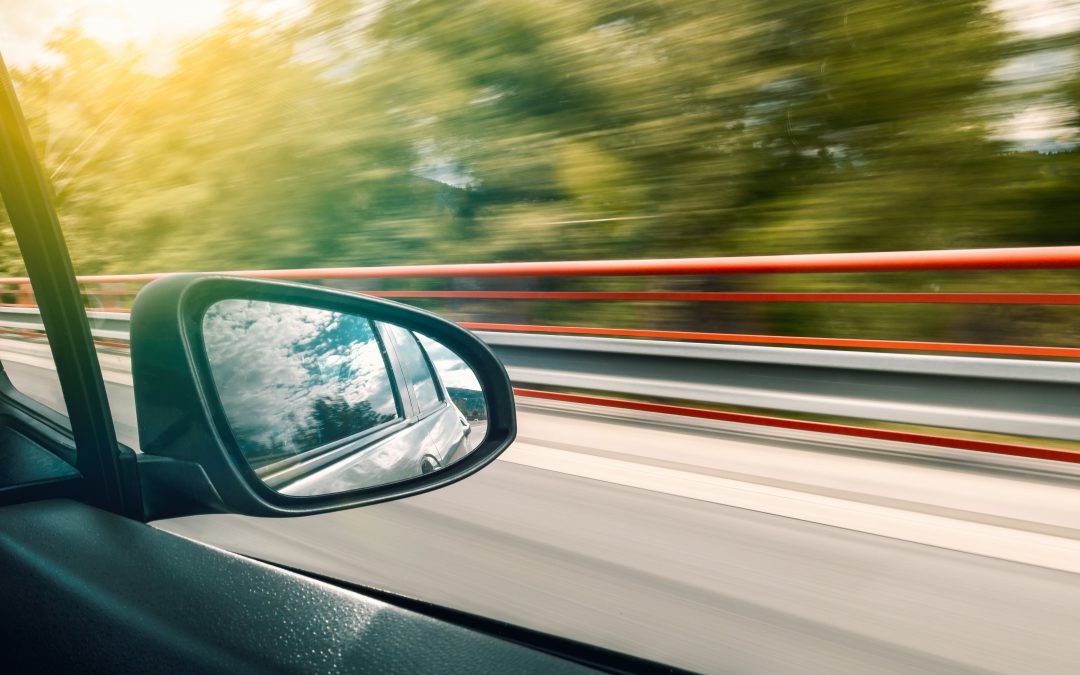Navigating the ever-fluctuating costs of fuel can be a constant source of frustration for motorists. In the quest for increased fuel efficiency, adopting the principles of ‘hypermiling’ or eco-driving can make a significant impact on your all-important miles per gallon (mpg) figure. In this blog post, we’ll explore various tips and tricks tailored for drivers to enhance fuel economy.
Tips and Tricks:
- Regular Maintenance: Regular vehicle maintenance and servicing are crucial for improving efficiency and fuel consumption. Ensure your tyres are inflated to the correct pressure, as indicated in your owner’s manual, to optimise fuel economy.
- Gentle Acceleration: Excessive speed is a major factor in fuel consumption. Practice gentle acceleration, avoid rapid starts, and strive to drive in the highest possible gear for your vehicle within the speed limit. Changing gears quickly in urban areas, around 2000rpm, can contribute to fuel efficiency.
- Anticipation: Maintain a smooth driving style by anticipating traffic conditions. Look ahead to spot red traffic lights or upcoming obstacles, allowing you to adjust your speed gradually and minimise fuel consumption. Accelerate slightly before ascending hills to carry momentum and reduce additional fuel usage.
- Cruise Control: Reserve cruise control for motorway driving on constant, flat surfaces. It helps maintain a steady speed, reducing unnecessary acceleration. Avoid using cruise control on hilly terrains, as it may not react promptly to gradient changes, leading to increased fuel consumption.
- Drag: Remove roof bars and boxes when not in use to reduce wind resistance and fuel consumption due to drag. An empty roof rack can add up to 16% drag at 75mph, while a roof box can increase it to 39%.
- Air Conditioning: Minimise the use of air conditioning, as it draws power from the engine and increases fuel consumption. Dress appropriately for the weather to reduce the need for heating or cooling inside the car.
- Combine Journeys: Opt for one round trip instead of several short trips. A warmed-up engine operates more efficiently, reducing fuel consumption compared to multiple cold starts covering the same mileage.
- Loading: Remove unnecessary items from your boot to reduce vehicle weight. The heavier the vehicle, the more fuel it consumes, so decluttering can contribute to long-term fuel economy.
As fuel costs continue to rise, adopting hypermiling techniques can be a practical and effective way for motorists to save money on fuel. By incorporating these tips into your driving habits, you can contribute to increased fuel efficiency and a more cost-effective journey on the roads.
